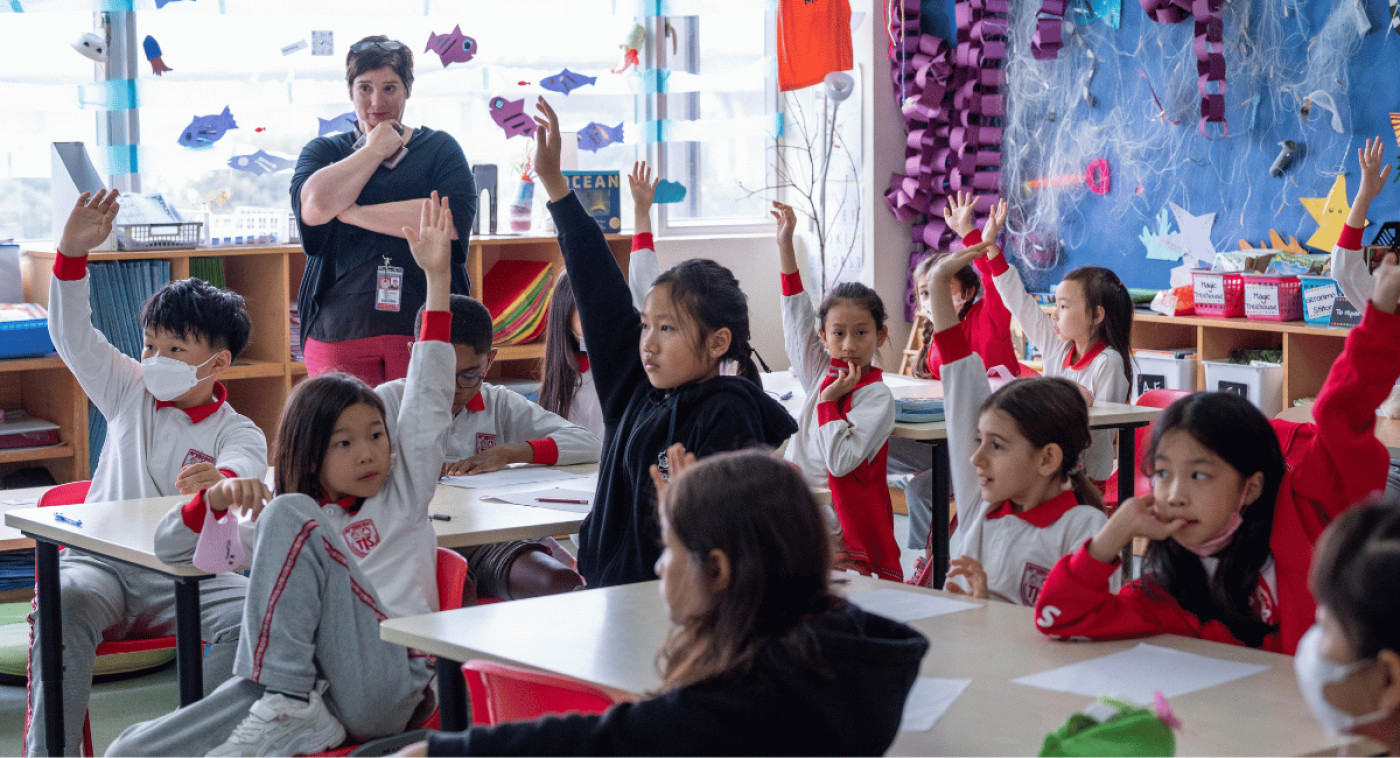
Teacher Collaboration Towards Excellence in Student Learning
Teaching is a unique profession, and unlike any other jobs out there. Teaching as a job requires many skills, including becoming familiar with curriculum and resources, careful planning for excellent instruction, providing student care, and of course, creating an environment to foster excellence in learning with matching assessment practices. In addition, our days are also filled with transitions, special events, meetings, supervisions, student support, emails, material organization and so much more.
It’s a job that we love, but it constantly requires tremendous effort and commitment. And we cannot do it alone.
The saying, “the more the merrier”, is something that is proven to be true in our workplace. When teachers can collaborate with like minded professionals, we can share the work and comradery in those that are going through similar experiences. And although our workload may not decrease, the sense of collegiality in the collaborative approach is beneficial to all in so many ways. Here at TIS, teachers work together within their teams, and also with other staff members across the different sections of the school.

Educational research points to the benefits of teacher collaboration in schools. When teachers are able to work in groups towards a common goal, their work satisfaction, productivity, and engagement increase. Creating conditions for teachers to be successful, including fostering a school culture that promotes respectful and authentic collaboration, is necessary to create effective solutions and to promote professional growth (Darling-Hammond & Richardson, 2009; Le Fevre et al., 2013). Here at TIS, teachers engage in meaningful dialogues through various means, including professional development workshops, committee initiatives, weekly Grade Team or Department meetings, and even during informal conversations. Including our teachers' voices and choice in school decisions is important, and we always balance this carefully with organizational vision along with the input from various stakeholders.
Studies also support that teacher collaboration leads to student engagement in learning, and therefore improved student achievement (Ronfeld et al., 2015). Schools where teachers engage in regular professional development and quality dialogues result in increased instructional knowledge and pedagogical craft. Hensen and Rizzo (2024) discuss the role of teacher collaboration in student learning by featuring six case studies of schools around the world. The students at this school demonstrated an improvement in their critical thinking skills, literacy levels and standardized achievements. In each of the case studies, the student learning and achievement results increased significantly, along with a shift in the collective culture where the teachers developed “a growth mindset and a confidence that by working together we learn more than we learn on our own” (Hensen & Rizzo, 2024).

Our job as teachers isn't easy, as it’s full of many tasks that need to be done in a limited amount of time. But we are glad to do all that we do because we want what is in the best interest of our students and their learning. Here at TIS, we believe that every one of our students are capable of learning and growing. In turn, our leadership team also believes this in ourselves and in each of our teacher’s capacity professionals. We must continue to promote change and growth for ourselves and our students through a collaborative approach.
References
Darling-Hammond, L., & Richardson, N. (2009). Teacher Learning: What Matters? Educational Leadership, 66, 46-53.
Hensen, A., and Rizzo, K. (2024). The impact of collaboration on student learning. https://claritylearningsuite.com/the-impact-of-collaboration-on-student-learning/
Le Fevre D., Pope D., Robinson, V.M.J., Sinnema, C.E.L. (2013). When Others’ Performance Just Isn’t Good Enough: Educational Leaders’ Framing of Concerns in Private and Public. Leadership and Policy in Schools, 12(4), 301-336, https://doi.org/10.1080/15700763.2013.857419
Ronfeldt, M., Farmer, S. O., McQueen, K., & Grissom, J. A. (2015). Teacher Collaboration in Instructional Teams and Student Achievement. American Educational Research Journal, 52(3), 475–514. http://www.jstor.org/stable/24546739



